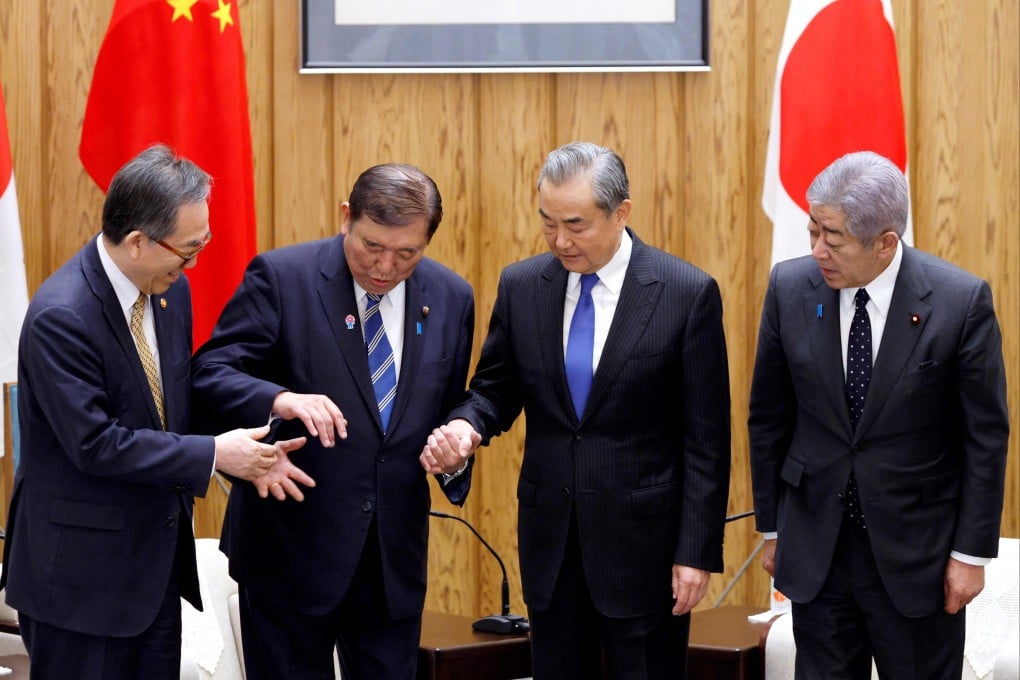Editorial | North Asian powers can work against US ‘changes and chaos’
Warming relations between China, Japan and South Korea since Donald Trump’s return to the White House raises hopes of regional progress and greater understanding

Relations between China, Japan and South Korea have been frosty for a number of years, thanks to Tokyo and Seoul shifting closer to the United States as Beijing’s ties with Washington deteriorated. The picture has shifted dramatically in the two months since Donald Trump returned to the White House, started a take-no-prisoners tariffs war and cast uncertainty over long-standing security alliances.
Now the Asian neighbours are suddenly pursuing closer ties, a welcome change. They have good reasons. Japan and South Korea have not been spared from Trump’s tariff cudgel, which is walloping friend and foe alike. This week Trump imposed 25 per cent levies on automobiles not manufactured in the US. With plants in Mexico, Japan’s Nissan, Honda, Toyota and Mazda and South Korea’s Kia and Hyundai are all in his protectionist firing line. The US also has imposed 20 per cent tariffs on all Chinese goods.
Trump has shaken traditional security alliances, cosying up to Russia, clashing with Nato allies over support for Ukraine, and undermining an Atlantic Alliance that has preserved security in Europe since the second world war. Tokyo and Seoul too have reason to doubt the strength of their security ties with Washington.
All of this helps to explain the progress hailed at trilateral talks among the three Asian countries in Tokyo in late March. Foreign Minister Wang Yi called for free trade, regional cooperation, and strengthened economic integration to counter “changes and chaos” of the international landscape, after talks with his counterparts, Japanese host Takeshi Iwaya and South Korea’s Cho Tae-yul. Iwaya, alongside Wang, also warned that the international environment was becoming more “severe” and the world was at a turning point, underscoring the need for overcoming division through dialogue.
The ministers also agreed to accelerate preparations for a summit between Premier Li Qiang and his Japanese and South Korean counterparts later this year, and to continue talks on a free-trade agreement that were revived last year after being dormant since 2019. As regards North Korea, Wang described the situation on the peninsula as “complex, sensitive, unstable, and with increasing uncertainties”, adding that China would work with all stakeholders on a political solution. The three reaffirmed that maintaining peace and stability on the Korean peninsula was their shared interest and responsibility, the Yonhap News Agency quoted Cho as saying.
After years of drift, the three North Asian powers are at last speaking about a free-trade agreement, bolstering regional security, and arranging for summits. Given the global uncertainty, it is hoped that momentum from their sudden warming in relations can be sustained, and lead to progress that is significant and lasting.
